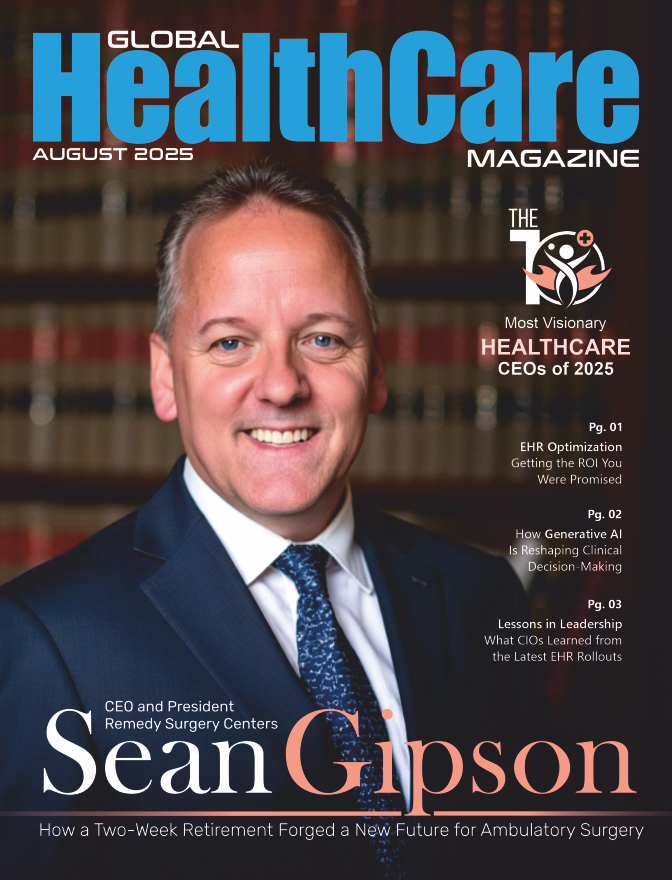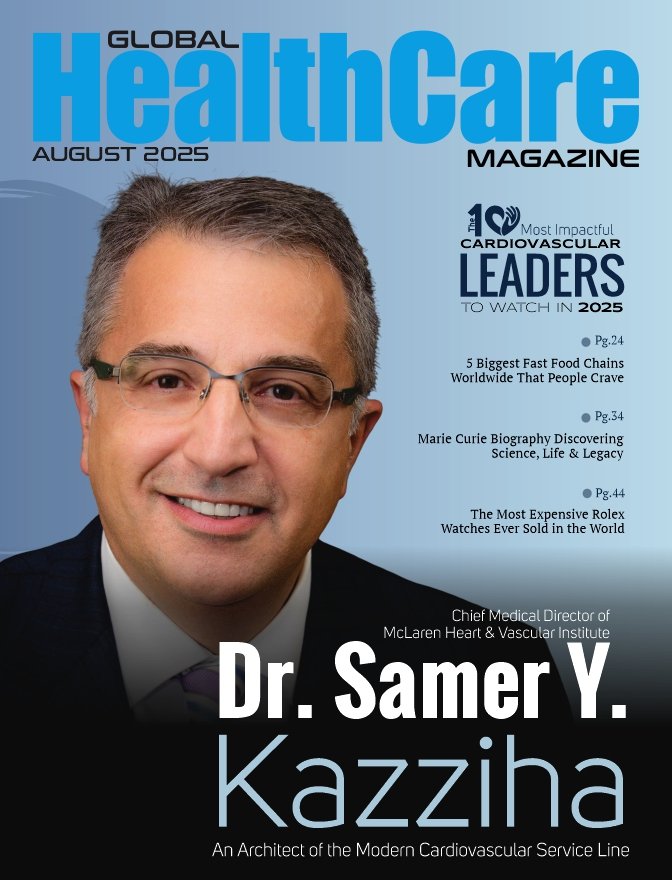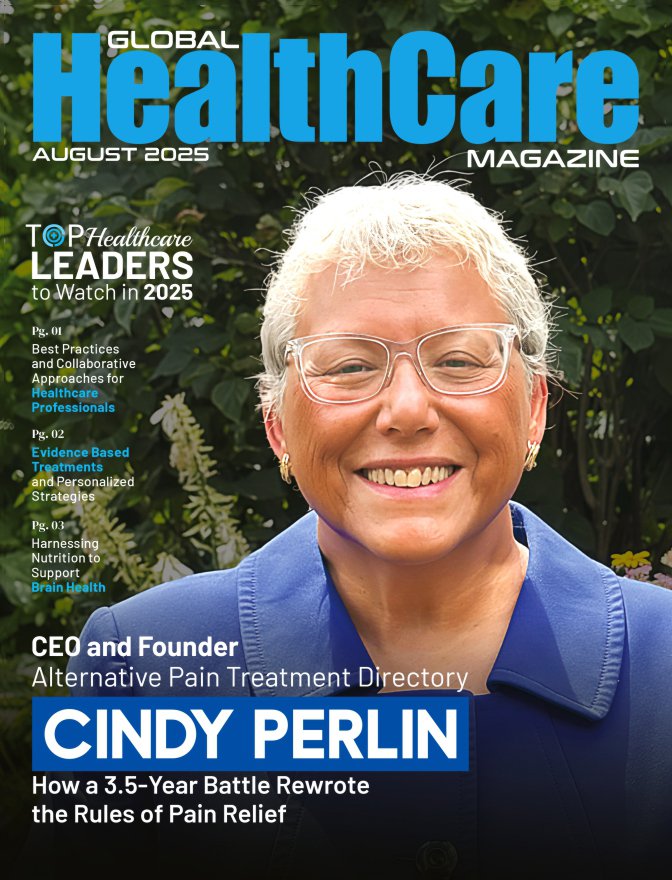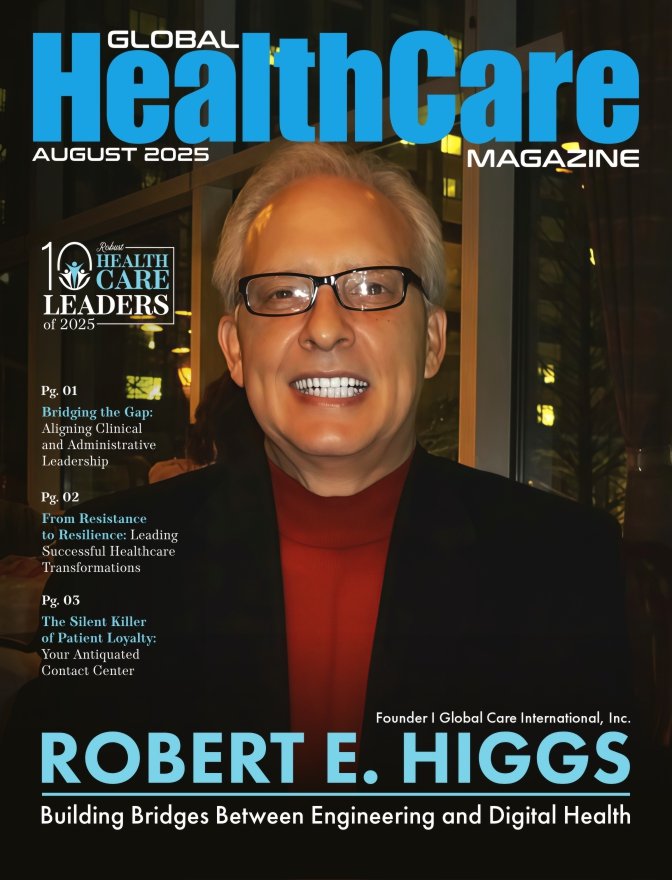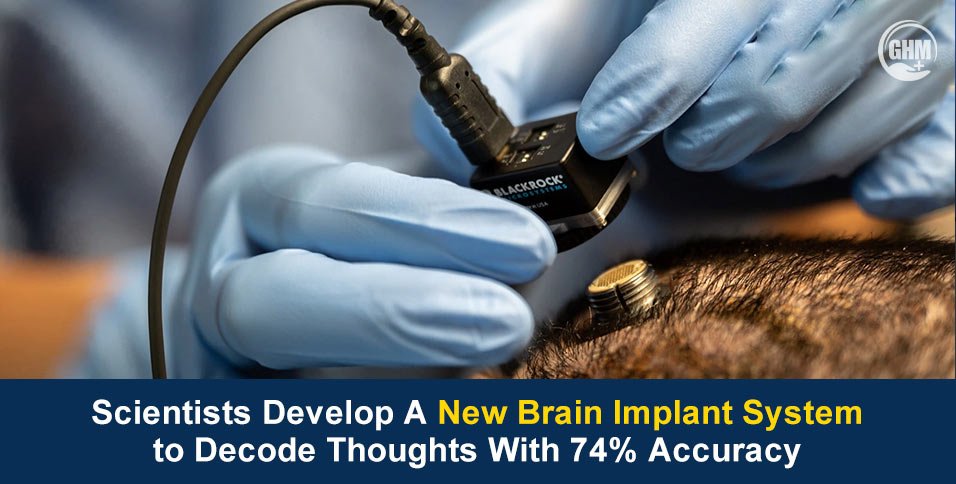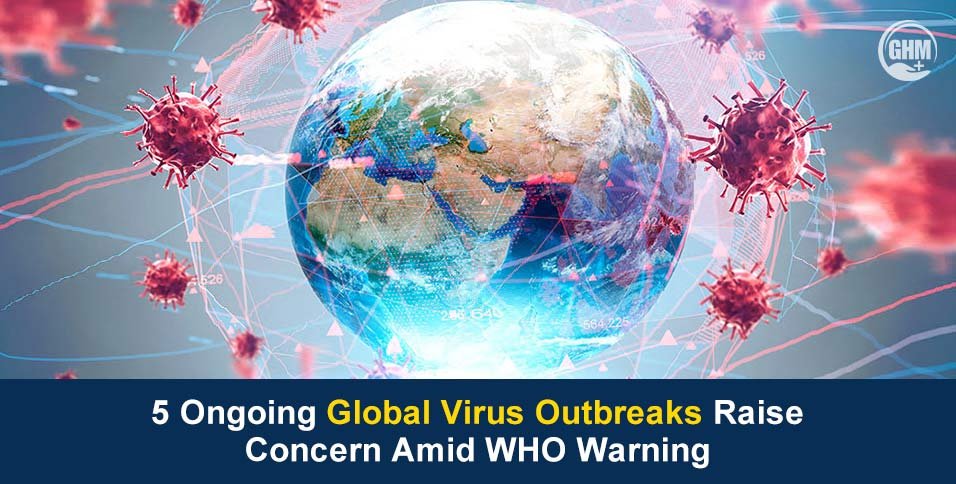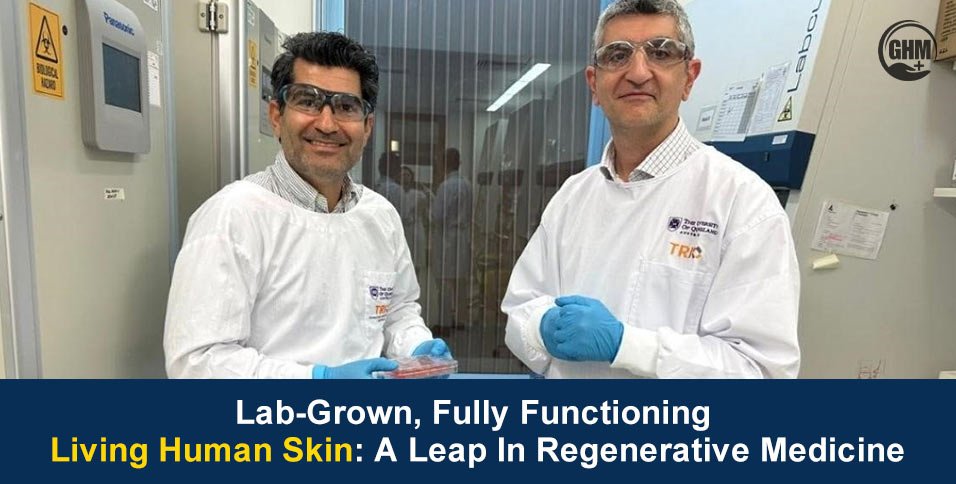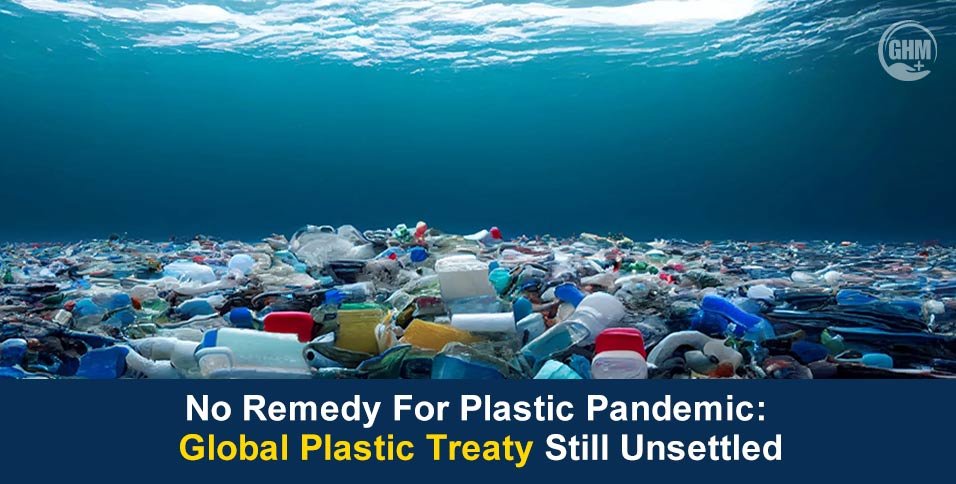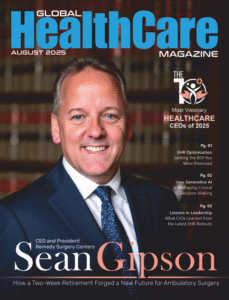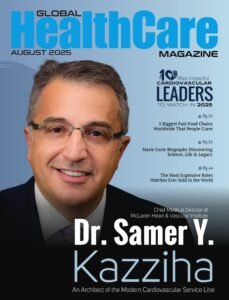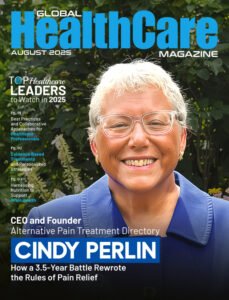Addiction doesn’t tap gently. It hits hard, sometimes fast, sometimes slow, but always with a weight that’s hard to describe unless you’ve lived it. And for the people who have—whether it’s drugs, alcohol, gambling, or anything else that grabs hold—there’s rarely just one reason they fell into it. That’s what makes recovery complicated. It isn’t a one-size-fits-all situation. You don’t get a magic plan with all the right steps in all the right order. The truth is, finding a way out takes honesty, time, and a lot of trial and error.
But something else is true, too. People do come out of it. They really do. And they go on to live full, steady lives. Not perfect, not always easy, but better. Cleaner. Quieter. Free in ways they hadn’t imagined. If you or someone you love is in the middle of it right now, the road might feel long. But you’re not stuck. You’re just in it.
Why It’s So Hard To Stop Even When You Want To
Most people assume addiction is just about bad decisions, or not having enough willpower, or choosing the wrong crowd. But that’s far from the full picture. Addiction takes root in the brain, which changes over time from repeated exposure to a substance or behavior. It starts rewiring things like reward, impulse control, and memory—three things that happen to be pretty important when you’re trying to make good choices. So while someone might desperately want to quit, their brain can make that feel almost impossible.
On top of that, many people start using it because they’re trying to fix something else—like anxiety, trauma, chronic pain, or loneliness. And when those problems don’t go away, stopping can feel like you’re ripping away the only thing that made the day tolerable. That’s why recovery has to deal with more than just the substance. It has to address the hurt underneath. Otherwise, the addiction will usually find its way back in, one way or another.
What Actually Works When People Recover For Good
There are all kinds of recovery programs out there, and truthfully, no two people need the exact same thing. Some do best in structured rehab settings. Others find healing through therapy, support groups, or even just removing themselves from the environment where the addiction thrived. But what tends to work best are programs that combine several tools: behavioral therapy, peer support, education, sometimes medication, and deep accountability.
There’s also a growing recognition of how helpful it can be to treat the whole person—not just the addiction. That means digging into mental health, physical well-being, family relationships, and even spiritual life. Some people benefit enormously from faith-based healing, not because it’s a quick fix, but because it gives them a sense of meaning and purpose that was missing before.
Consistency is also key. Recovery doesn’t end after 30 days in treatment. For most, it’s a years-long process that includes relapses, restarts, and a ton of grace. But people who stay plugged into some kind of support—whether that’s weekly meetings, a trusted therapist, or a recovery sponsor—are far more likely to keep their footing.
Choosing The Right Help: It Matters More Than You Think
This might be one of the most overwhelming parts. When someone decides they’re ready to stop, where do they even begin? The internet is packed with ads and promises, and families are often flooded with options they don’t fully understand. But there’s no shame in getting help choosing. Many communities offer addiction hotlines or recovery coordinators who can point people toward options that actually make sense for them.
Some need inpatient care where they can fully step away from triggers. Others might do better with outpatient support, especially if they have jobs or kids they can’t leave behind. There are also gender-specific programs, programs for teens, and ones that focus on trauma recovery. Then there are options that combine it all: whether that’s a West Virginia addiction treatment center, a medical detox in Texas or anything in between, the setting matters less than whether it fits the person’s real needs.
What doesn’t help is jumping into the cheapest or closest option just because it’s fast. Recovery takes time, and so does finding a program that actually meets someone where they are.
Why Support Systems Make Or Break Recovery
Even the strongest recovery plan can collapse without the right people around you. That doesn’t mean your family has to be perfect or your friends have to become counselors overnight. But you do need people who’ll tell you the truth when you need to hear it and hold space for you when things feel shaky.
For a lot of people, recovery starts with being believed. Someone sees them not as an addict, but as a whole person who’s struggling and still worth the fight. That alone can shift the tide. And when people feel that kind of support, it becomes easier to face the cravings, the boredom, the stress—whatever tries to drag them back down. If you’re someone who loves a person fighting addiction, don’t underestimate what your steadiness can do.
Relapse Doesn’t Mean You Failed
This is one of the most misunderstood parts of addiction recovery. So many people hit a bump in the road and assume it’s over. They drank again. They used. They spiraled. But relapse isn’t the end of the road. It’s part of it, for many. And it doesn’t erase the progress that came before it. What matters most is what happens after.
If you relapse, tell someone. Step back into your tools. Go to a meeting. Call your counselor. Figure out what triggered it. Then start again. Every time you choose to get back up, you’re still moving forward. You’re still choosing health. And that matters more than perfection ever will.
Where Hope Lives Now
Addiction recovery isn’t a perfect story. It’s messy and personal and full of sharp corners. But it’s also possible. Every single day, people walk out of the wreckage and into something quieter, stronger, and more free. They show up for their lives in ways they never could before. They reconnect. They rebuild. They stay. And so can you.



